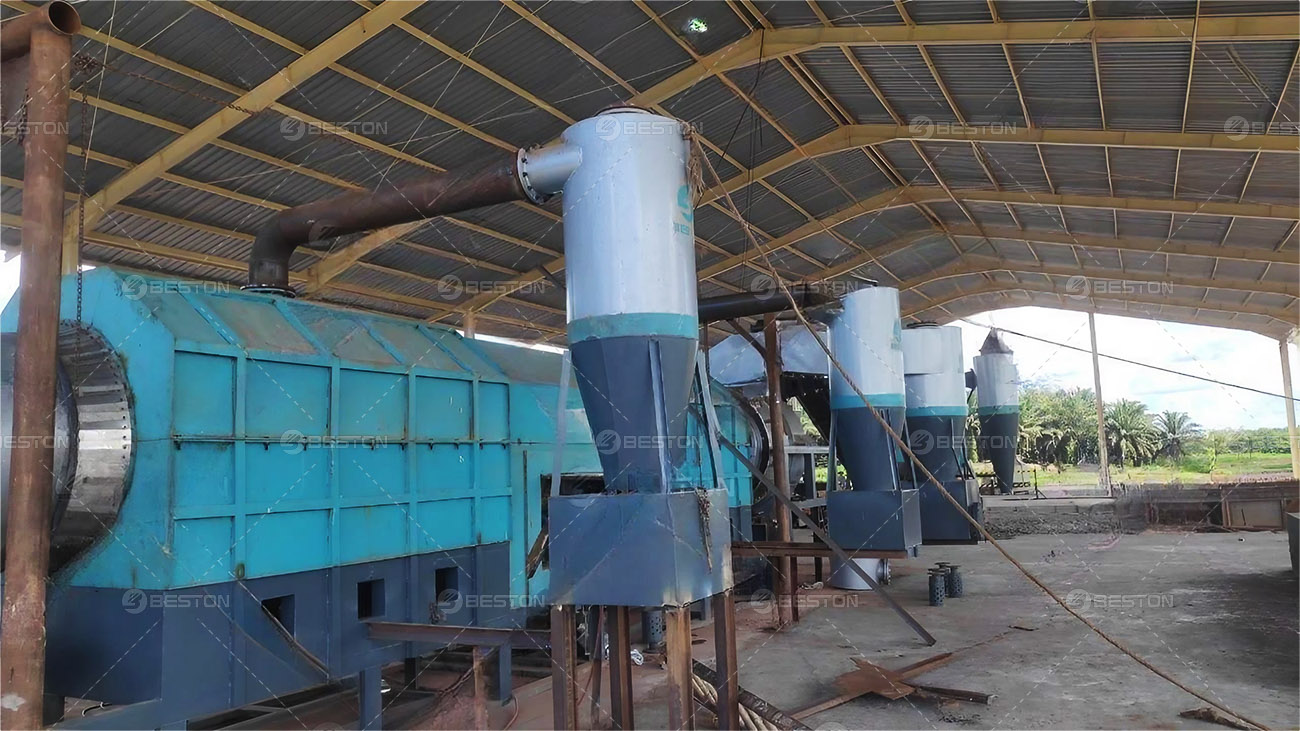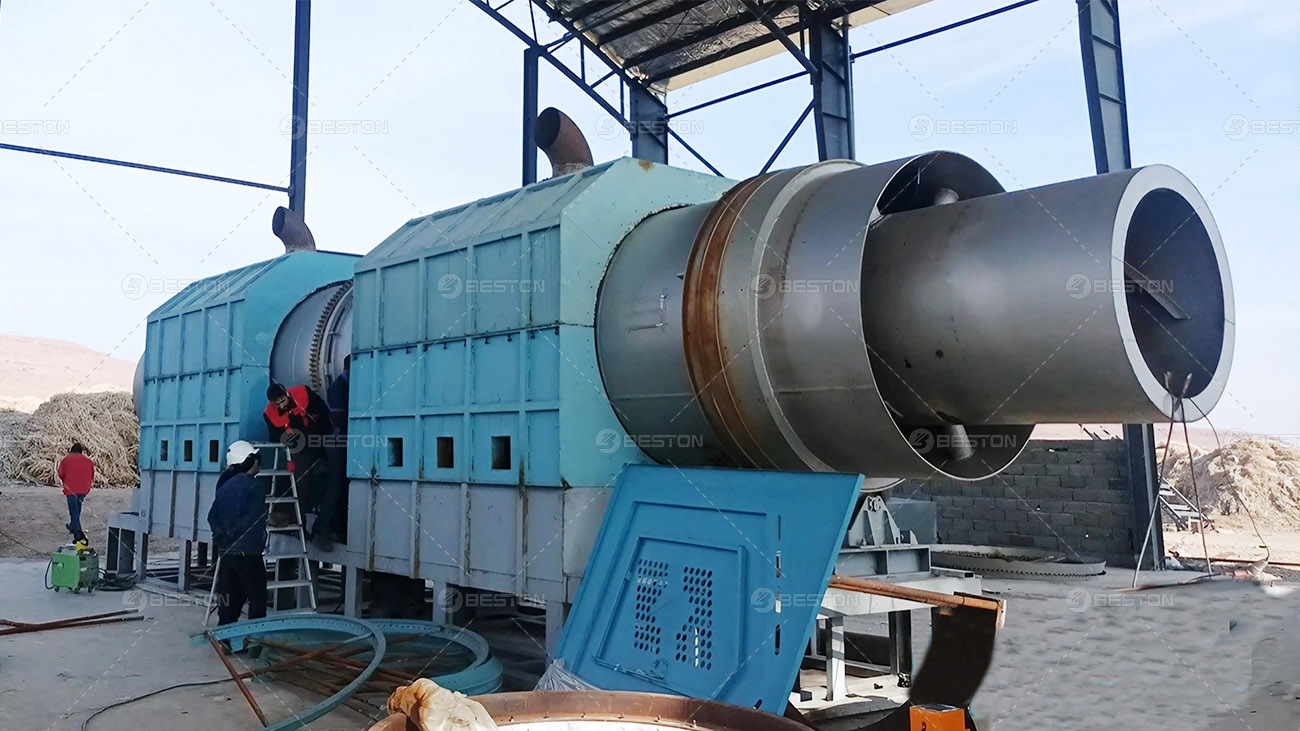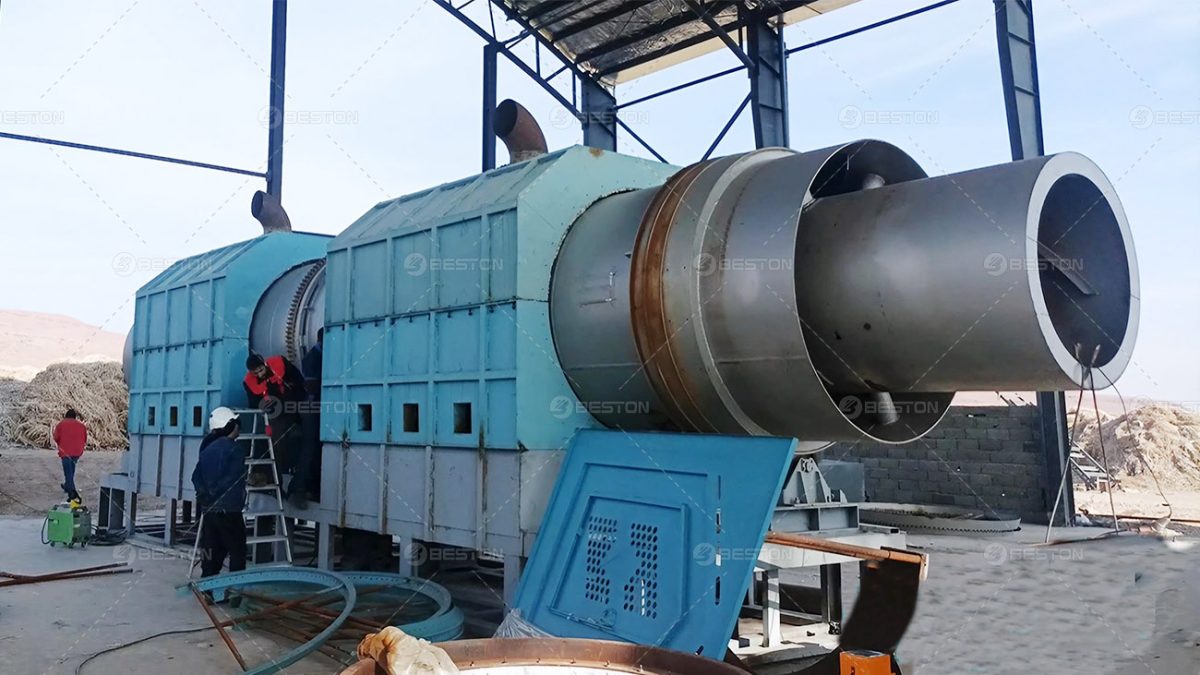The integration of biochar into construction materials has gained momentum as industries seek to enhance performance characteristics while reducing environmental impact. Derived from biomass through controlled pyrolysis, biochar exhibits unique physical and chemical properties that make it a valuable additive in cementitious composites, asphalt, and insulation materials. The development of advanced production systems, from a charcoal maker machine to large-scale biochar plant operations, enables consistent quality and scalable supply.
Biochar Production Technologies
A charcoal maker machine converts organic feedstocks into biochar under oxygen-limited conditions. By regulating temperature and residence time, operators can influence surface area, porosity, and mineral content—critical factors that determine compatibility with construction materials. For industrial-scale applications, a biochar plant often employs a continuous pyrolysis machine for biochar, ensuring uninterrupted output and reduced labor requirements.
Specialized designs, such as a biochar reactor for sale with integrated heat recovery and emission control systems, improve energy efficiency and environmental compliance. This technological refinement ensures that biochar meets specific standards for use in high-performance building materials.

Structural Benefits in Construction Applications
When incorporated into cement and concrete, biochar enhances microstructural density, reducing permeability and improving resistance to freeze-thaw cycles. Its high internal surface area can improve mechanical interlocking within the cement matrix, resulting in superior compressive strength. In asphalt mixtures, biochar contributes to improved thermal stability and reduced susceptibility to deformation under heavy loads.
As a lightweight aggregate, biochar made from a pyrolysis machine for biochar reduces overall material weight while maintaining structural integrity. Its porosity can also improve thermal insulation, making it suitable for energy-efficient building envelopes. Furthermore, the carbon-rich composition contributes to long-term sequestration, embedding climate-positive benefits within the built environment.

Durability and Environmental Performance
The incorporation of biochar into construction materials not only enhances durability but also contributes to environmental sustainability. Its hydrophobic nature can mitigate moisture ingress, reducing the risk of corrosion in reinforced concrete. In asphalt pavements, biochar helps resist oxidative aging, extending service life and reducing maintenance requirements.
From an environmental standpoint, using biochar made from a biochar reactor for sale in construction locks carbon into a stable form for decades, complementing broader decarbonization strategies. This dual function—material enhancement and carbon storage—positions biochar as a strategic component in sustainable construction practices.
Future Prospects
The demand for engineered biochar from systems such as a charcoal maker machine, industrial-scale biochar plant, or modular pyrolysis machine for biochar is expected to increase as green building standards become more stringent. Collaborative research between material scientists and biochar producers will refine particle size distribution, surface modification techniques, and integration methods for optimal performance.
With a biochar reactor for sale capable of meeting industry-specific requirements, the construction sector gains access to a renewable, high-functionality additive. As urbanization accelerates and environmental regulations tighten, biochar-based materials are poised to become a cornerstone in the next generation of resilient, low-carbon infrastructure.
